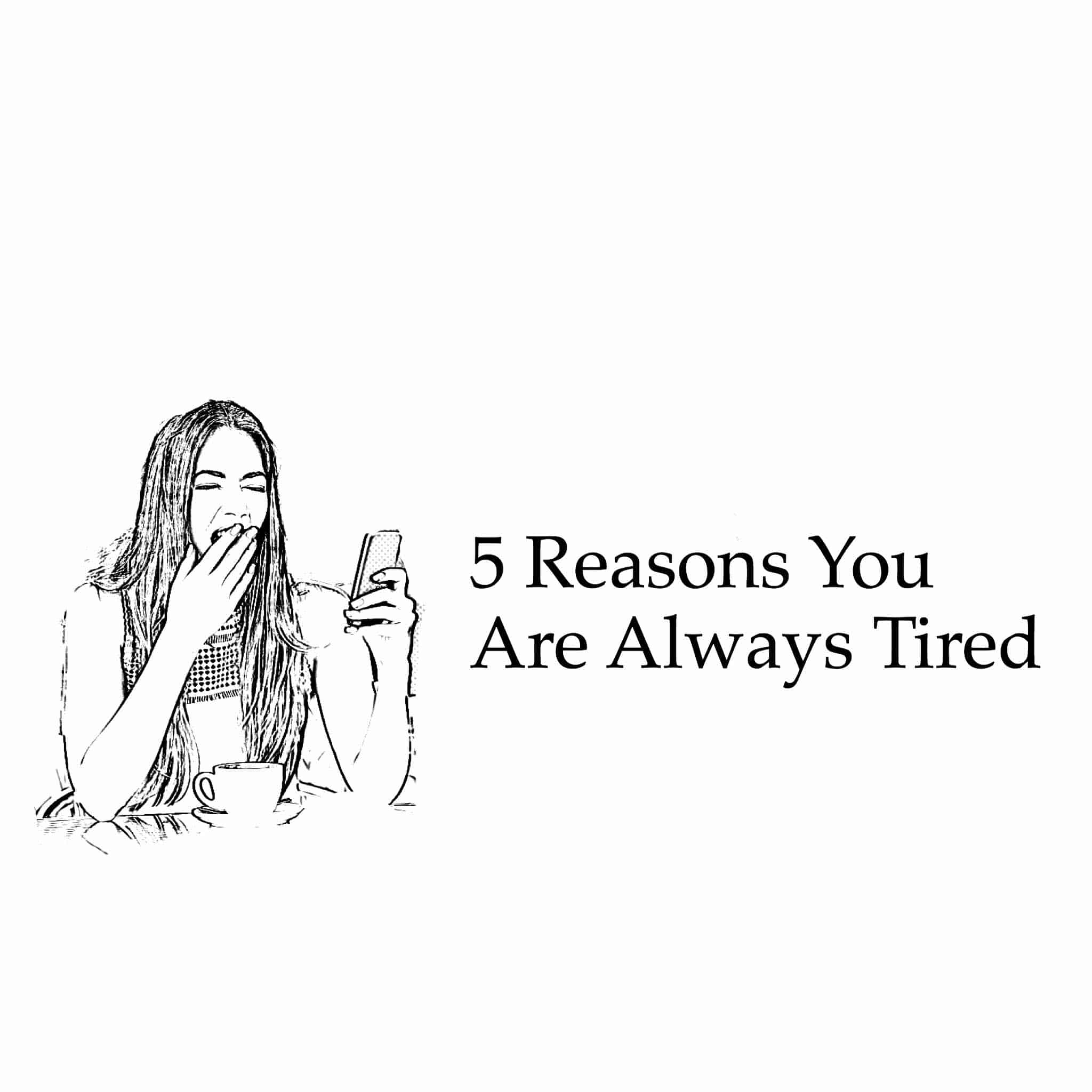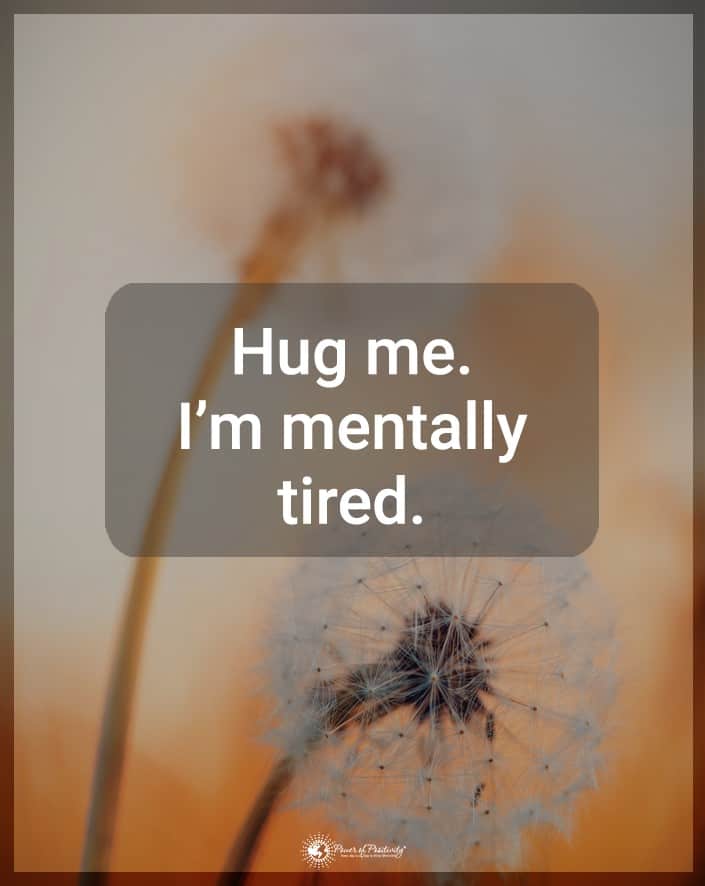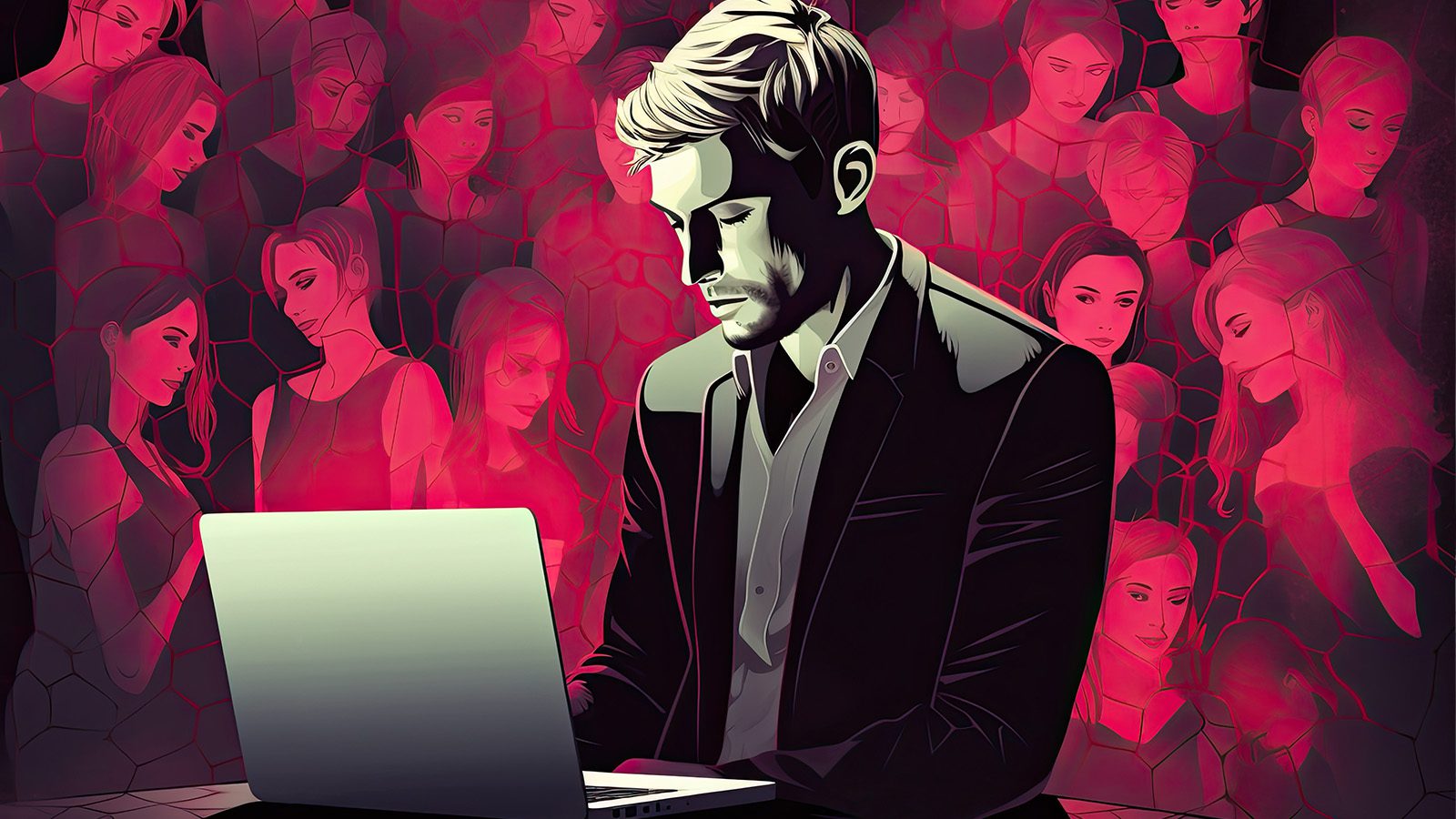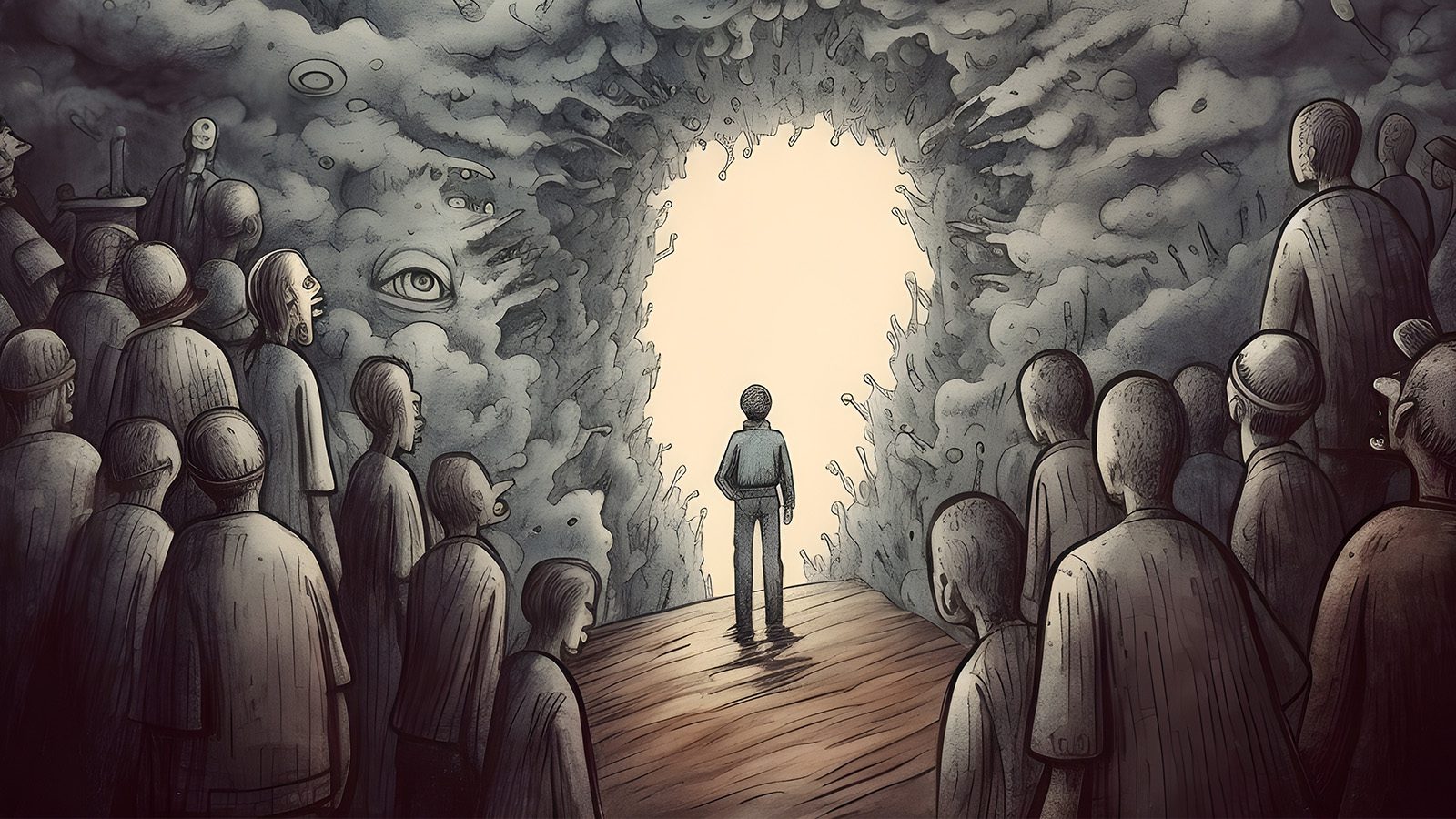At some point in our hectic schedule, we sometimes are so tired that we want nothing more than to crawl back under the covers for the rest of the day. It’s no wonder that we feel this way… Feeling this way from time to time is perfectly normal. We inevitably get tired from doing errands, being at work eight hours a day, picking up our kids from school, and all the other responsibilities we have.
However, feeling tired most of the time can signal something deeper than just drowsiness. According to the Centers for Disease Control and Prevention, more than one million Americans suffer from chronic fatigue.
Suppose you feel tired more often than not and can’t pinpoint if you engage in the following everyday habits. Indeed, this information could give you the answer you’ve been looking for.
Here are 15 reasons you’re always tired
Once you understand why you feel fatigued, you will be able to plan your recovery.
1. You’re dehydrated
According to studies conducted at the University of Connecticut’s Human Performance Laboratory, even mild dehydration can lead to a significant drop in energy levels, mood, and cognitive abilities.
In the studies, dehydration affected those who had just walked for 40 minutes on a treadmill and those who sat at rest equally.
This data means that humans need to stay hydrated during any activities.
“Even mild dehydration that can occur during the course of our ordinary daily activities can degrade how we are feeling – especially for women, who appear to be more susceptible to the adverse effects of low levels of dehydration than men,” says Harris Lieberman, a co-author of the study and a research psychologist with the Military Nutrition Division, U.S. Army Research Institute of Environmental Medicine in Natick, Massachusetts.
“In both sexes, these adverse mood changes may limit the motivation required to engage in even moderate aerobic exercise. Mild dehydration may also interfere with other daily activities, even when there is no physical demand component present.”
To figure out how much water you should drink, take your weight, divide that number by half, and drink that number of ounces of water per day.
2. You skip meals, which makes you tired
We need constant energy throughout our day. This need is especially true for those who work highly demanding jobs and have other responsibilities outside of work.
We obtain our energy mostly through the nutrients in our food, so when you skip meals, your body’s energy stores become depleted, leaving you feeling lethargic.
Make sure to eat small meals throughout the day full of healthy, whole foods such as fruits, vegetables, nuts, seeds, and grains to keep your energy levels high and get all the nutrients you require.
3. You get on your phone or laptop right before bed
Unfortunately, much of our society keep their phones and laptops almost permanently attached to them, staying on them most of the day. We check our emails and Facebook notifications first thing in the morning. Then we repeat this ritual right before bed each night.
However, various studies have proven that exposure to the harsh blue and white lights emanating from digital devices can disrupt the chemicals in our brains, specifically the hormone melatonin. Melatonin helps control waking and sleeping cycles.
So any imbalances in this vitally important hormone can cause you to lose a significant amount of sleep.
Try coming home from work and reading books or playing board games with your family instead of automatically scrolling through Facebook or playing Candy Crush. In fact, you will find you’ll feel a lot more relaxed, and therefore able to sleep better at night.
4. You eat a diet high in fat, making you tired
Studies have shown that consuming a diet high in fat can lead to daytime drowsiness and an inability to concentrate. A diet high in carbohydrates has the exact opposite effect. Ensure to eat plenty of healthy carbohydrates such as fruits, brown or wild rice, and sweet potatoes.
On the other hand, you should avoid foods cooked in grease and heavy oils. While fats should make up a portion of your diet, opt for nutritious sources of fat like avocados, nuts, and seeds.
5. You drink alcohol before going to bed
Many people think that drinking a glass of wine or two before bed will help them fall asleep faster. Although it initially works, it spikes your insulin levels eventually. Then it causes you to toss and turn in the middle of the night.
Researchers at Brown University found that drinking alcohol in the evening hours stimulates the body and mind much more than at any other time of the day.
Therefore, if you do drink alcohol, make sure to consume it earlier in the day. That way, you can have a restful night’s sleep.
6. Lack of exercise
A sedentary lifestyle will make you feel sluggish and constantly tired. When you are physically active, your body releases endorphins, which are chemicals that make you feel happier. You’ll feel motivated to stay physically active because of how much energy you’ll have more energy and feel better.
7. Anemia
Anemia causes fatigue and tiredness. This condition is the lack of red blood cells that carry oxygen to your tissues. It’s sometimes called low hemoglobin. Low iron levels can cause anemia. A simple blood test will determine if you’re deficient in iron and anemic.
8. Insomnia causes someone to be always tired
Insomnia is a sleep disorder that prevents falling asleep or staying asleep. It is a common cause of fatigue. Be sure to avoid caffeine some hours before bed and try to wind down before bed. Turn off your smartphone and computer at least one hour before you go to bed. Blue screens from electronic devices disrupt sleep.
9. Diabetes
If you’re always tired, it could signify that you have diabetes. Diabetes is an ailment where your body can’t make enough insulin. This condition causes high blood sugar. High blood sugar causes the following:
- Fatigue and always tired
- Lack of concentration
- Irritability
- Weight gain
If you have unexplained fatigue for an extended period, be sure to talk with your doctor.
10. Thyroid disorder
Thyroid disorders can have a significant impact on your energy level and mood. Two common thyroid conditions are:
- Hypothyroidism-This is an underactive thyroid, feeling sluggish, constantly tired, depressed, and weight gain.
- Hyperthyroid-Anxiety, insomnia, irritability, and restlessness
11. Depression
If you feel depressed, you will lack energy and feel always tired. If you think you’re suffering from depression, be sure to talk to your doctor. Many helpful treatments available can improve how you feel and get you back on track with your life.
12. Low-grade infection
Your tiredness could be because of an infection, especially if you have symptoms like a low-grade infection, loss of appetite, or shortness of breath. If your fatigue worsens after a week, be sure to talk with your doctor. They will run blood tests to check for infections or other illnesses. Don’t ignore a low-grade infection. It could be a symptom of a severe condition, such as these:
- Bone infection
- Appendicitis
- Meningitis
- Sinus infection
- Mononucleosis
- Leukemia
- Urinary tract disease (UTI)
13. Stress Causes People to Feel Always Tired
Stress can cause fatigue. When you’re experiencing stress, your body releases extra cortisol and adrenaline. In small amounts, having excess cortisol and adrenaline in your body is okay, but if you’re constantly in a state of stress, your body will high alert. You’ll always feel tired. If your stress levels continue at this rate, it can lead to an autoimmune condition called Addison’s disease, where your body no lower produces enough adrenaline or cortisol. People who have Addison’s disease must take a corticosteroid to make up for the lack of corticosteroids in their bodies.
14. Medications
Certain medications cause you to feel constantly exhausted. If you started taking a new medication, be sure to read the side effects. Fatigue is a common side effect of various over-the-counter and prescription drugs. Medicines that cause tiredness include:
- Antihistamines
- Antidepressants
- Muscle relaxants
- Beta-blockers
- Narcotics
- Benzodiazepines
15. Too much caffeine, a surprising reason for being always tired
Even though caffeine perks you up in the morning, drinking too much can have the opposite effect. Too much caffeine leaves you with side effects such as
- High blood pressure
- Insomnia
- Anxiety
- Racing heart
- Jitters
As the caffeine wears off, you’ll feel a physical crash, making you feel fatigued. Remember, numerous soft drinks contain caffeine as well as some sports drinks.

















